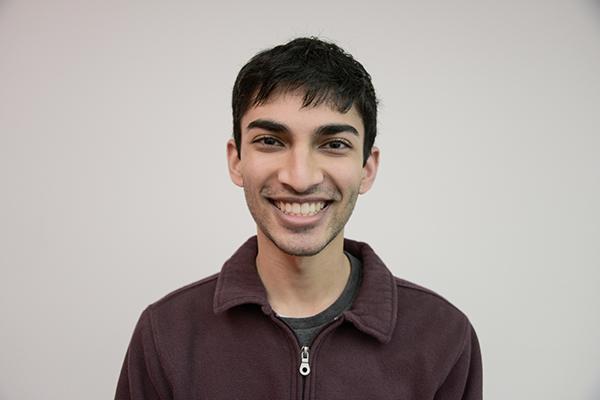Last Wednesday, WSN published an op-ed by NYU student and Emirati citizen Jasem Alzaabi titled “Why Censoring Speech Is Necessary in the UAE.” The article contains many troubling assertions, including in its headline, and is totally opposed to the mission of any media organization of integrity.
Alzaabi begins by recounting his experience of studying abroad here in the United States. At the encouragement of the Emirati government, he has dived into American culture, including learning how to criticize institutions of power by taking advantage of people’s unrestricted freedom of expression — a right he finds “completely jarring” — and how this practice serves as a check against authoritarianism in any space. It is a promising opening that a student from a monarchy is opening his eyes to the relative liberalism of the United States — until he throws it all out by saying that the United Arab Emirates is right to restrict its citizens’ freedoms.
Specifically, Alzaabi argues that censorship is necessary to preserve “regional security” and to “produce the current model of a good citizen.” This Orwellian language, combined with the writer’s categorization of the Arab Spring as something the UAE was lucky to “escape” as well as his striking indifference to receiving all his news from one state-controlled newspaper back home, is disconcerting. But the truly irredeemable claim comes later as Alzaabi describes the brutal murder of dissident journalist Jamal Khashoggi — likely a death-by-strangling and then dismemberment of his body sanctioned by the Saudi royal family — as the “unfortunate” outcome of a “balancing act” between Western and Gulf political systems.
I will put aside the moral outrage I felt at reading this characterization to focus on the policy at hand. Alzaabi went on to attack Khashoggi’s last op-ed that argued for free expression in the Arab world, a notion that Alzaabi opposes vehemently because it would be “harmful to the state” and not “in the best interest of the UAE.” After all, Alzaabi says, nationals already enjoy a high standard of living thanks to the country’s booming oil industry and no taxation. Additionally, because of the UAE’s “small size” and “tribal culture,” critique of the government apparently amounts to nothing more than a self-burn.
But at nine million people, the UAE is not dismissively small. And though this “tribal culture” may accurately describe the less than one million residents who are Emiratis, I would expect many of them would be more than willing to criticize their fellow countrymen. Take women, for example, who must obtain permission from male guardians to marry, divorce or remarry; who must legally obey their husbands — men who can take up to four wives — and women who cannot wed non-Muslims. Or members of the Emirati LGBTQ community, who risk prison time for being intimate even in private.
And then there are the seven million non-citizen residents. Blue-collar migrant workers, often recruited from South and Southeast Asia with promises of high pay, are frequently underpaid and trapped when bosses hold their passports. Female domestic workers’ woes are compounded by sexual abuse. There are also widespread reports of secret prisons for interrogation and torture of suspected dissidents. Are these expats included in Alzabbi’s claim of unified public opinions in the nation?
Even tourists to relatively liberal Dubai and Abu Dhabi are not immune. The Japanese engineer arrested at the airport for carrying pornographic DVDs in his suitcase. The Norwegian woman on a business trip who went to police to report rape and was sentenced to 16 months in prison for having sex outside of marriage, even though it wasn’t voluntary. The Scottish man sentenced to three months for touching another man’s hip in a crowded bar.
Thank the news organizations and their home countries’ freedom of expression for the public uproar following each of these incidents that resulted in the royal family eventually stepping in to reduce the punishments. International journalists have also highlighted disturbing labor abuses, including at NYU’s own Abu Dhabi campus, that have resulted in payouts and policy reform. It is comforting — until I imagine how much more abuse would be uncovered with free and vigilant local media groups. To argue that the UAE would be better off without an investigative press is ridiculous.
Every nation, no matter its economic success or its cultural traditions, must prioritize freedom of speech and expression. Whether it’s police brutality in the United States or corruption in a Gulf state, free media exercising this right offers the only megaphone for voiceless communities and the only safeguard against otherwise unaccountable institutions. Who cares how secure and prosperous a state is when its people suffer from injustices on a daily basis? To Alzaabi: if there’s one thing you take away from studying in New York, let this be it.
Opinions expressed on the editorial pages are not necessarily those of WSN, and our publication of opinions is not an endorsement of them.
Email Akshay at [email protected].























































































































































